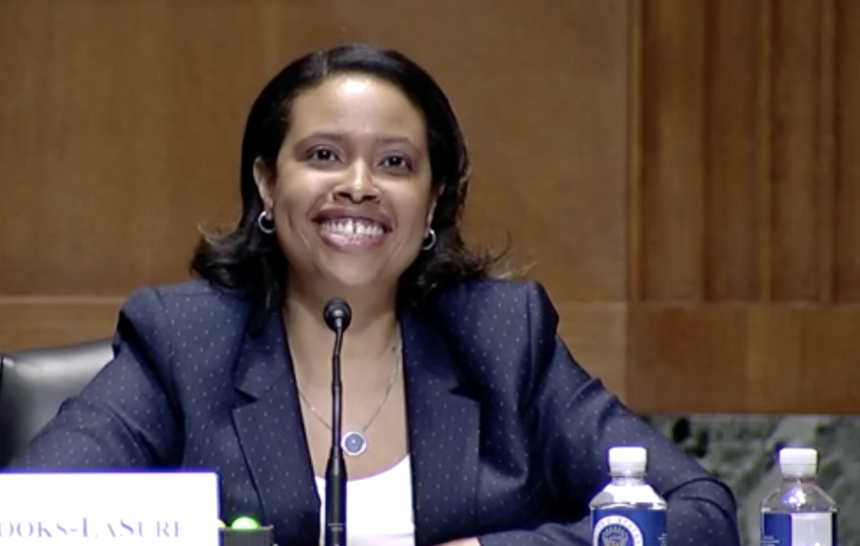
An extension of telehealth flexibilities beyond the COVID-19 pandemic is likely if President Joe Biden’s nomination to lead the Centers for Medicare & Medicaid Services is confirmed.
Chiquita Brooks-LaSure expressed her support for permanently adopting telehealth coverage waivers while testifying Thursday at a nomination hearing before the Senate Finance committee.
“This pandemic has given us an opportunity to take the lessons across a variety of issues, and telehealth is something that’s been discussed for more than a decade, and now we’ve been able to see what value it brings,” Brooks-LaSure said.
She later added she wants to work with lawmakers to look at what “CMS’ administrative authority is and what changes we may need Congressionally, [in order to] bring the lessons that we’ve learned from COVID into our healthcare system on a permanent basis.”
Brooks-LaSure and Andrea Palm, who is nominated to become deputy secretary of the Department of Health and Human Services, were vetted together by committee members at the morning hearing. Given the relative mild tenor of the questioning, close observers believe both will be confirmed when votes are taken in a week or two.
Both nominees said their priorities included successful COVID-19 responses and improving healthcare coverage, access and affordability.
“We must get the pandemic under control,” Brooks-LaSure said in prepared remarks. “COVID-19 has put unbearable pressure on front-line healthcare workers, put vulnerable seniors and those with disabilities at great risk, and unmasked inequities that persist in our healthcare system. I am committed to working with you and with leaders across government to ensure that CMS is supporting patients and providers, including communities of color who have been hardest hit by this pandemic.”
Proposes further study
CMS first announced Medicare coverage expansion to telehealth in March 2020 as a key early strategy in the fight against the pandemic. The move allowed healthcare providers to be paid for a wider range of telehealth services for beneficiaries, and allowed nursing home beneficiaries to receive telehealth services.
Brooks-LaSure, who once interned for the committee she was testifying before Thursday, did not commit to a specific level when asked what percentage telemedicine should be reimbursed, compared to in-person consultations. She said that would take further study to ensure program integrity.
Trump administration officials in August proposed permanently expanding some telehealth coverage, but they noted federal lawmakers may have to pass legislation in order to do so.
On the topic of dual-eligibles in long-term care, Brooks-LaSure said better coordination is needed among entities such as nursing homes, hospitals and PACE programs.
When asked about the prospect of lowering the age for Medicare eligibility to 60 or below, she responded that Biden supports such a move and that she would work to put in place the administration’s positions.
Brooks-LaSure would become the first Black administrator of CMS (which has held several names since its inception in 1965), according to an agency review of the position.





